We’ve all heard the phrase, “It takes a village.” While this is often in reference to child rearing (and as a relatively new mom, I’ve certainly found this to be true), I’d also argue that it applies to building a successful career. No one becomes successful alone – we can all point to certain individuals who have played a role in getting us where we are today. If you Google the term “mentor,” you will find more than 315 million results in less than a second. It seems like we talk about mentors a lot. Find a mentor. Be a mentor. We’re going to assign you a mentor. We talk about mentors so much, I think, that the term has become synonymous for a variety of roles one needs in their professional network. But each of these roles represents a person who brings something distinct to one’s network.
Who are those dream team members?
Here are 5 people you need to recruit for your personal circle of success:
1. Traditional Mentor
A traditional mentor is someone who has more experience than you do and can teach you things you need to know. A mentor might guide you in making career decisions to get you where you want to go, give you honest feedback or share wisdom they’ve learned from experience. Most often, this person is older than you, or at least one step beyond you career-wise. Mentorship should be intentional, have clear goals and involve regular interaction. It is most successful when both parties agree on expectations. It is also crucial that one’s mentor isn’t responsible for their next career move. When this is true, the person being mentored may hesitate to be completely honest and transparent about his/her struggles and areas of anxiety.
2. Co-Mentor
A co-mentor is someone who is both mentoring you and being mentored by you. He/she is someone with whom you’re in a two-way relationship. You might be the experienced mentor or the less-experienced mentor advising on a different topic/area of expertise. For example, a C-level executive might be paired with a just-out-of-college associate. The younger mentor can learn about professionalism, career pathing and personal branding from the exec; the executive can learn about generational differences in the workplace, social media usage and emerging technology trends from the new associate. Again, in this relationship, co-mentors should not be directly connected on an org chart to allow for full transparency without fear.
3. Sponsor
A sponsor is someone within your organization, at a level above where you are, who can positively influence your career path and take tangible steps to advocate for you at a higher level than you can. Think of a sponsor as your personal promoter. You want this person to see and know all of the reasons you should be noticed (and doesn’t know the reasons you shouldn’t be considered). You need to stay top of mind for them and make your intentions and goals clear to them, discussing strategies for how they can help you get there.
4. Cheerleader
To be successful, you need to be healthy – body, mind and spirit. A cheerleader encourages and feeds you in these areas. It could be a pastor, a trainer or an extremely positive friend. The primary role of this cheerleader is to increase your well-being and help you stay the healthiest version of you. He/she doesn’t have to be an expert in your field or professionally related to you at all. They simply have to keep your best interests at heart and be willing to pour into you when your bucket needs filled.
5. Coach
In a previous post, I defended why everyone needs a coach, comparing it to the fact that we would never send athletes on the field without one. For athletic performance, we don’t hesitate to invest in specialists who can provide outside expertise and perspective to improve performance. Your professional success should be viewed no differently. Coaches provide outside/neutral perspective, help us see and manage blind spots and define clear milestones to track success. Your development is their primary focus.
Caitlin Kissee is a Gallup-certified strengths coach and owner/founder of Propel People Development LLC. She can be reached at caitlin@propelpeople.com.

